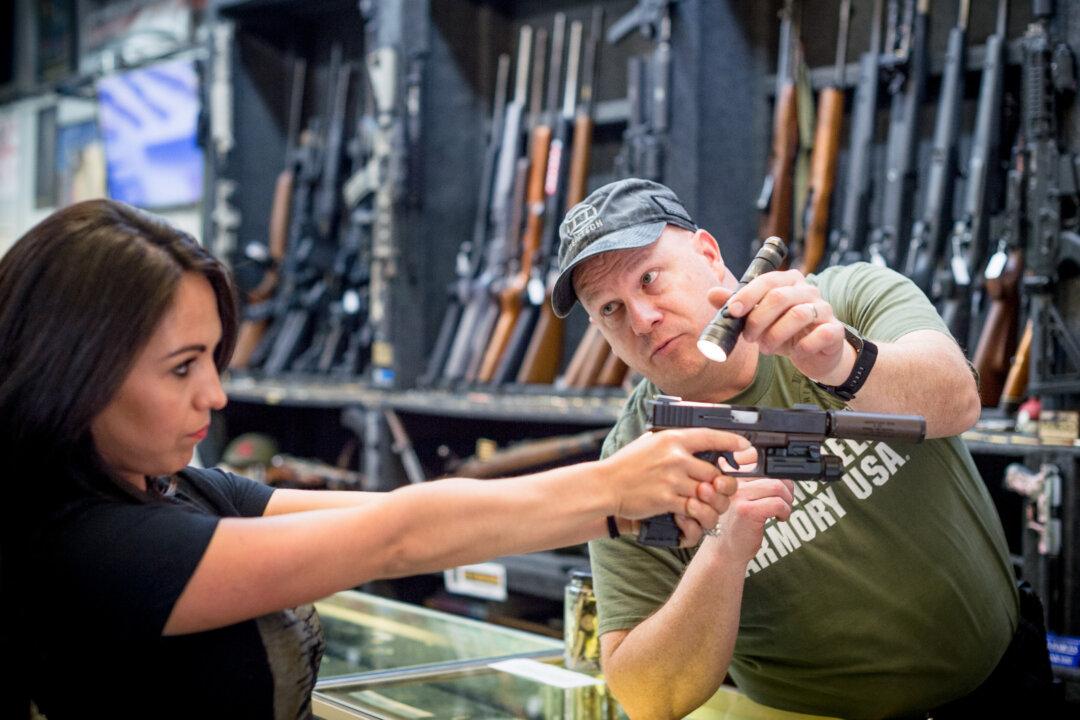Firearm laws in Texas became less restrictive on Sept. 1, with changes including greater ability to carry guns in houses of worship and on school grounds, to the benefit of law-abiding citizens wishing to use guns for self-defense.
The 10 new laws now in effect were passed in Texas Legislature’s last session, which concluded in June, USA Today reported. All of the bills were sponsored by Republican members of the lawmaking body and had the backing of the Institute for Legislative Action, the lobbying arm of the National Rifle Association (NRA).





